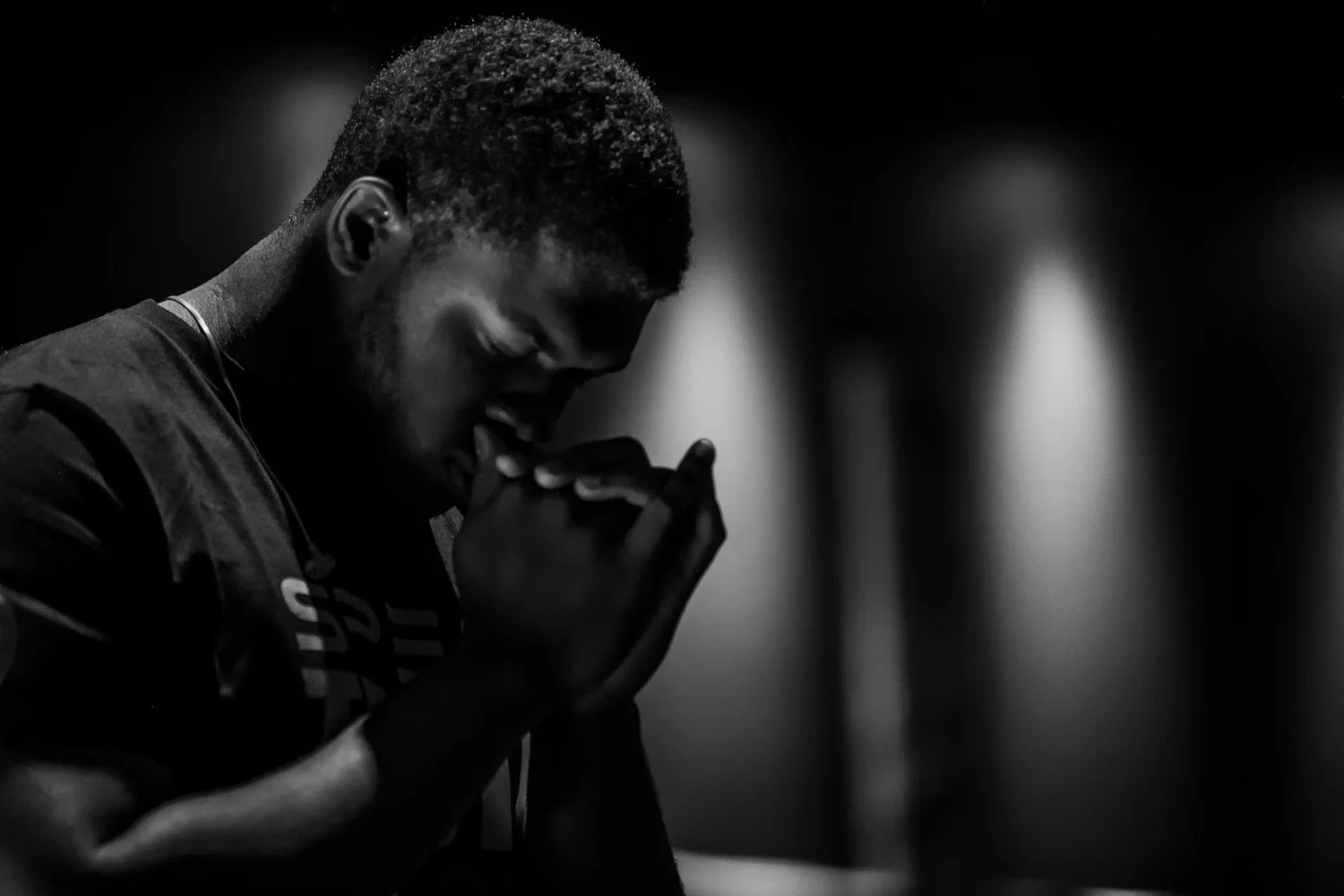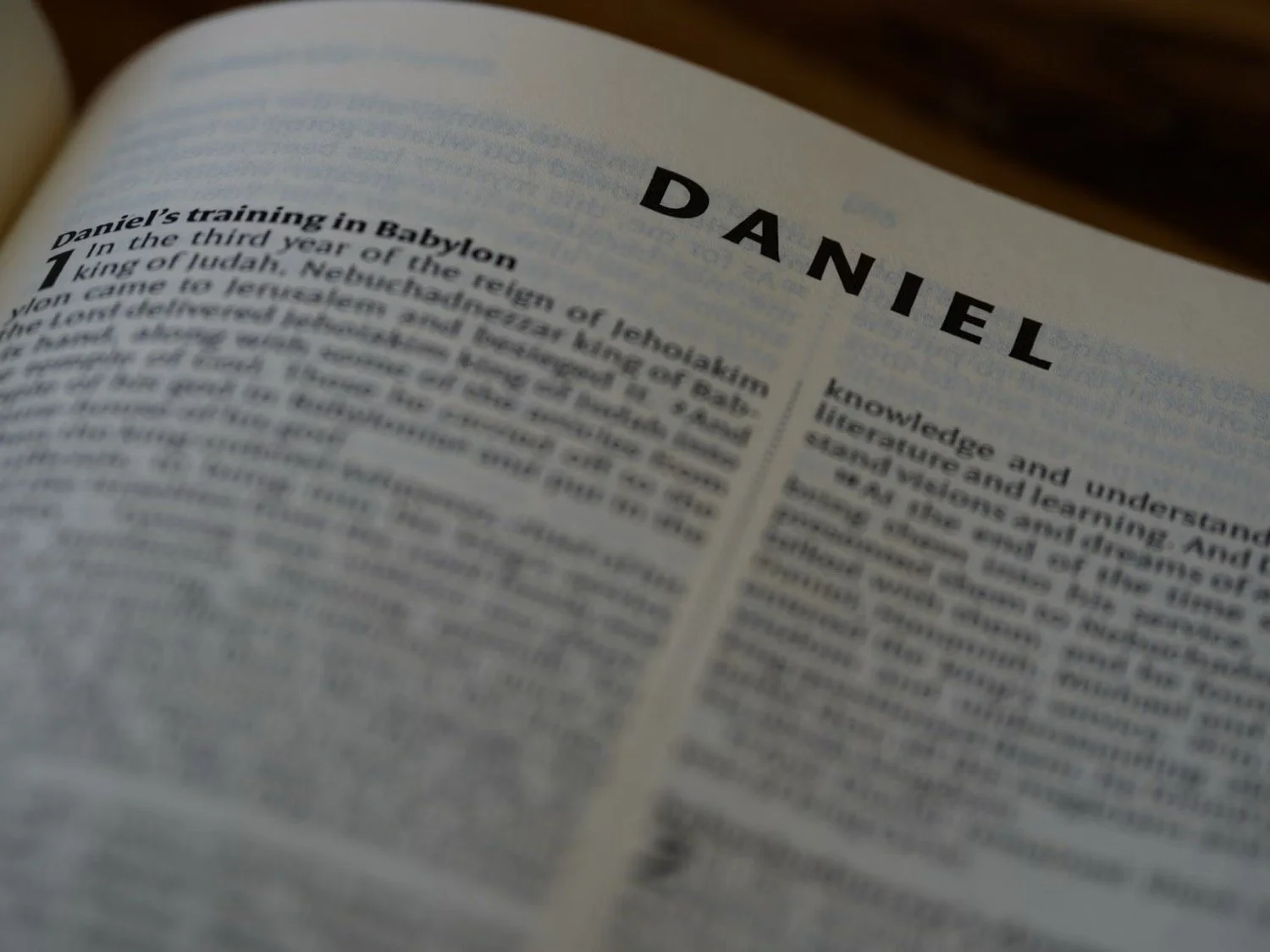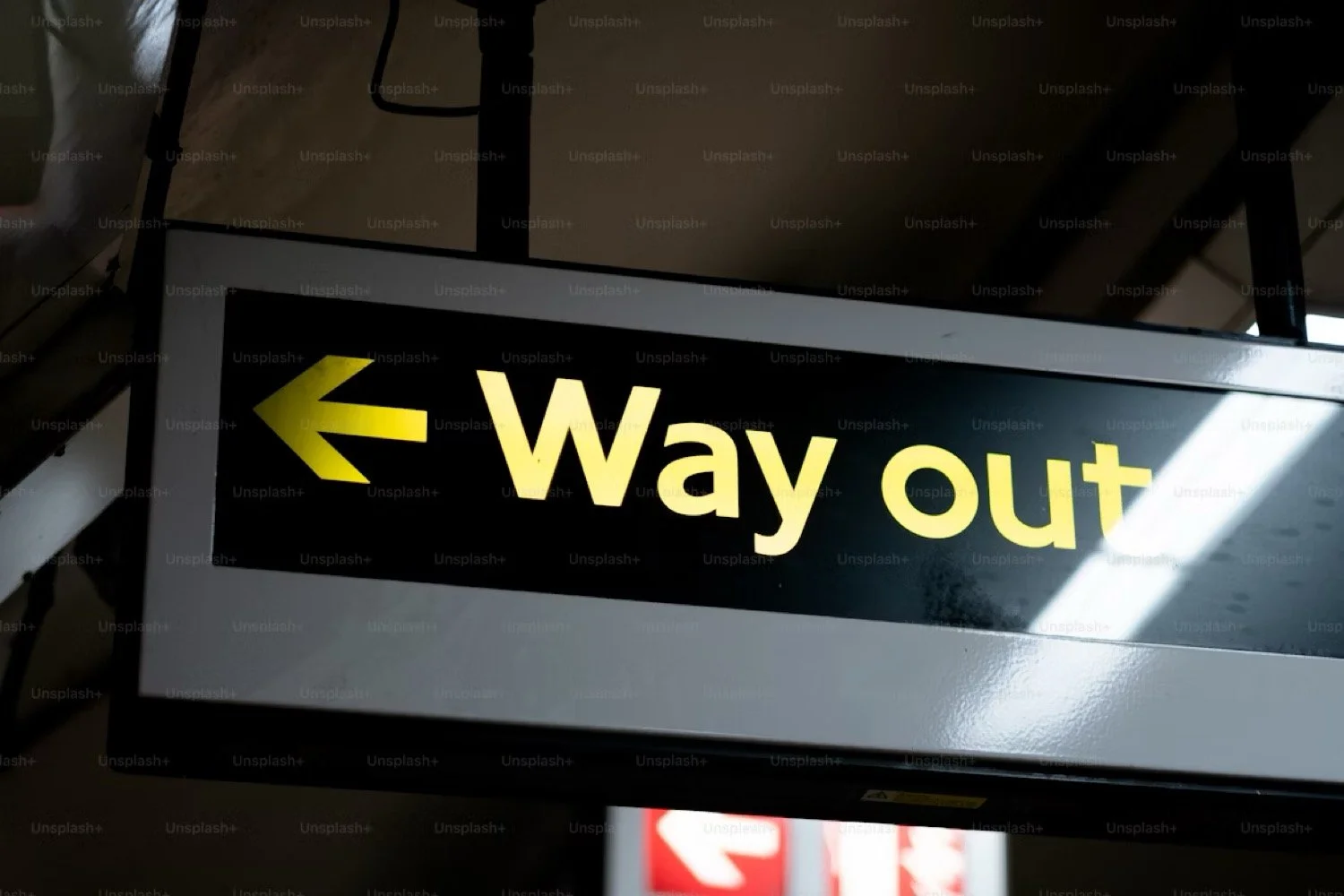Readings for today: Isaiah 37-38, Galatians 6, Psalms 65, Proverbs 23:24
A few years ago, I was having a conversation with one of my children who was asking me about a friend of hers who was struggling. She was depressed. Anxious. Afraid. Lonely. Being bullied at school. I asked about her faith. Was she a Christian? Did she believe in Jesus Christ? No, came the answer. But she does pray. She is a spiritual person. She believes in a personal spirit animal. I asked if she’d prayed to the spirit animal about her struggles? Yes. All the time. But nothing happens? That’s right. Could it be that nothing happens because there is no such thing as a spirit animal? That she’s worshipping something that doesn’t exist and is therefore completely unable to help? Might the answer she’s looking for be found in Jesus Christ? And are you willing to talk to her about Him? It was a great conversation. Hard but good. Heartbreaking to hear all this young woman was going through but hopeful because my child now had the opportunity to share Christ with her.
Today’s reading highlights an important truth. We live in a religiously pluralistic world. A world full of all sorts of gods and goddesses. A world that is growing more religious by most measures. A world full of competing ideologies and worldviews. A world full of idols. Such has always been the case. In Hezekiah’s time, every tribe had their own god. They worshipped their gods. Sacrificed to their gods. Served their gods. In return, their gods were supposed to provide for them. Protect them. Give them victory over enemies. So when a nation like Assyria invaded, the battle wasn’t just between kings and armies but between the gods they served. If Assyria won, their god was more powerful. If they lost, their god was weak. “Beware lest Hezekiah mislead you by saying, "The Lord will deliver us." Has any of the gods of the nations delivered his land out of the hand of the king of Assyria? Where are the gods of Hamath and Arpad? Where are the gods of Sepharvaim? Have they delivered Samaria out of my hand? Who among all the gods of these lands have delivered their lands out of my hand, that the Lord should deliver Jerusalem out of my hand?” (Isaiah 36:18-20)
Assyria has established their dominance. Their god has thus far proved more powerful than the tribal gods of the other nations. But the Assyrians have misplaced their trust. They believe in idols. Gods who are not gods. Further, their victories are hollow because the nations they have conquered also worship false gods. Now things are different. Now they have come up against the one true and living God of the universe. The One who reigns in glory high above the heavens. The One who directs the affairs of all men. Hezekiah doesn’t need his army. He doesn’t need chariots and horses. The Lord is on his side and it is enough. “O Lord of hosts, God of Israel, enthroned above the cherubim, you are the God, you alone, of all the kingdoms of the earth; you have made heaven and earth. Incline your ear, O Lord, and hear; open your eyes, O Lord, and see; and hear all the words of Sennacherib, which he has sent to mock the living God. Truly, O Lord, the kings of Assyria have laid waste all the nations and their lands, and have cast their gods into the fire. For they were no gods, but the work of men's hands, wood and stone. Therefore they were destroyed. So now, O Lord our God, save us from his hand, that all the kingdoms of the earth may know that you alone are the Lord." (Isaiah 37:16-20)
We often fall into the trap of believing as long as someone is spiritual, it’s enough. As long as someone worships something - call it whatever - it is enough. As long as they acknowledge the existence of a deity on some level it is enough. It’s different names for the same reality. Like the “COEXIST” bumper stickers you see on the back of cars. But that’s simply not true. Allah and Yahweh are not the same. Muhammed and Jesus are not the same. Christians worship a different God than our Muslim, Mormon, Jehovah’s Witness, Hindu, and Buddhist friends. Biblically speaking, they worship false gods and their false worship has consequences. Their gods cannot answer them when they cry out. Their gods cannot heal. Cannot comfort. Cannot provide. Cannot protect because they do not exist. As Hezekiah points out in his prayer, “They were no gods, but the work of men’s hands, wood and stone.” We might put it this way in our time, “They are no gods but the work of men’s imaginations, crafted and created to serve our own purposes.”
This was the point I was making to my own children. Our faith is not a matter of opinion. It doesn’t rest on sincerity or how strongly we hold to our convictions. Our faith is real because it trusts in a God who is real. Who is alive. Who reigns and rules from heaven even now. Who is with us. Whose Spirit dwells in the heart of every believer. Who hears our prayers. Who breaks through time and space to work miracles on our behalf. Who actually came to earth. Walked among us. Taught us the ways of His Kingdom. Who suffered and died on our behalf. Who rose again. These aren’t just philosophical truths we believe but historical facts that undergird our faith in a way that sets us apart from all others.
I don’t know what you are dealing with today. The challenges you face. The burdens you carry. I don’t know what your friends and loved ones are struggling with but I encourage you to pray the prayer Hezekiah prayed. “O Lord our God, save us that all the kingdoms of the earth may know that you alone are the Lord.”
Readings for tomorrow: Isaiah 39:1-41:16, Ephesians 1, Psalms 66, Proverbs 23:25-28




